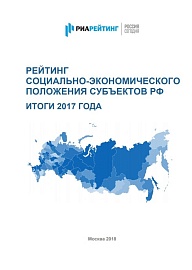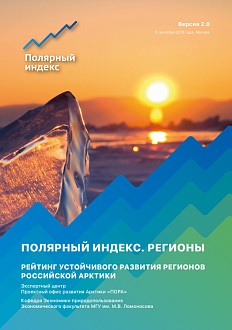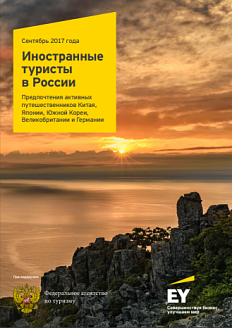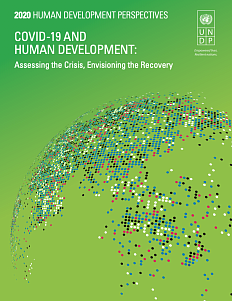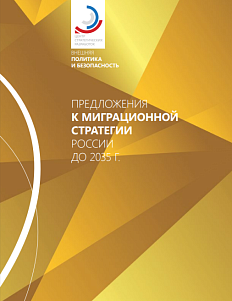Russia is notable for an extreme non-uniformity of economic development. Regions of Russia vary in size, climatic conditions, and time zones, which poses different challenges to regional authorities. The Ratings of Socio-Economic Development of the Constituent Entities of the Russian Federation provide a basis for assessing the regions’ investment appeal and a reference point for identifying challenges that shape the regions’ further development paths. The research is based on official statistics from open sources and was conducted for the eighth time.
The socio-economic position of the constituent entities of the Russian Federation is determined by two groups of factors. The first group is composed of objective factors — ranging from availability of natural resources, historically established infrastructure, and natural and climatic conditions to the mentality of local people. The second group comprises subjective factors, such as regional strategies, economic policies, and business environment. Notably, the factors of the second group can either contribute to the region’s rating or inhibit its growth. If regional authorities use the available natural resources wisely, the region performs well. If the economic policy is deficient, the region’s rating will fall, despite all the objective advantages the region might have. For this reason, it’s essential that the region’s benefits are used efficiently.
The ratings are calculated by aggregating key indicators of regional development. For each region, the rating reflects its individual level and highlights disproportions in its social development. Besides, such ratings increase transparency of federal and local authorities, as well as of local businesses, which ultimately has a positive impact on regional development.


